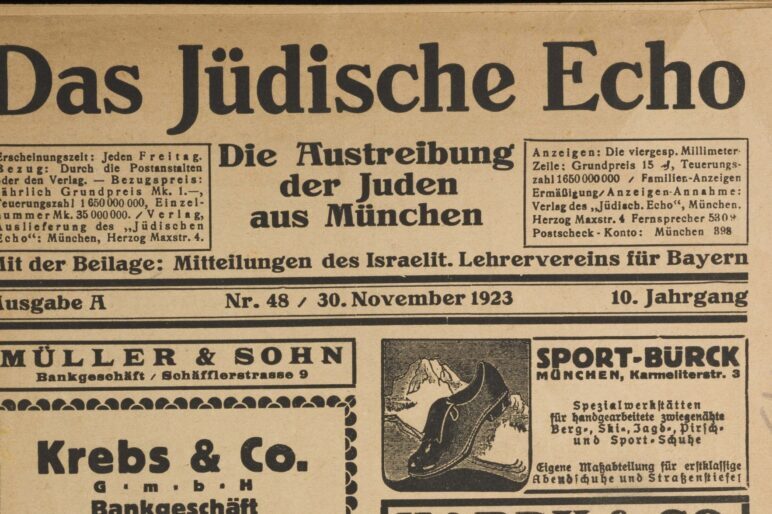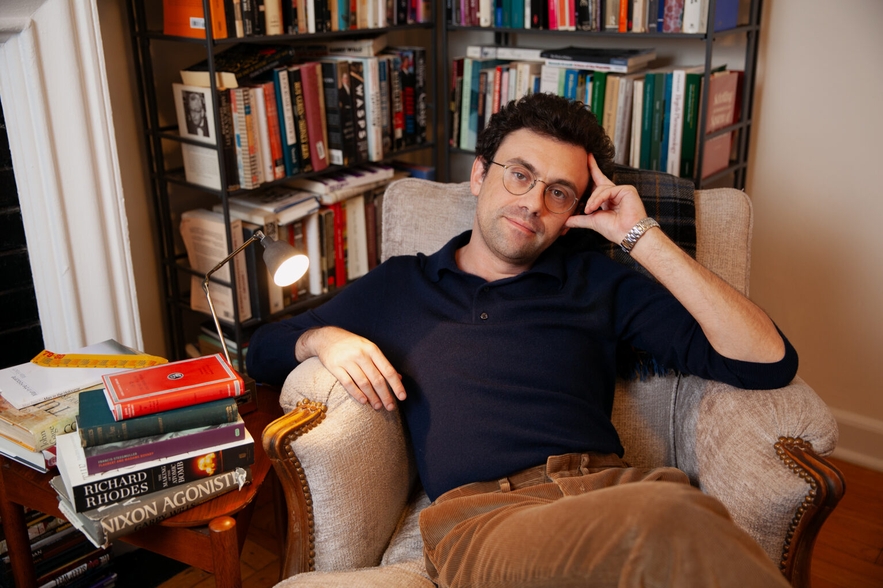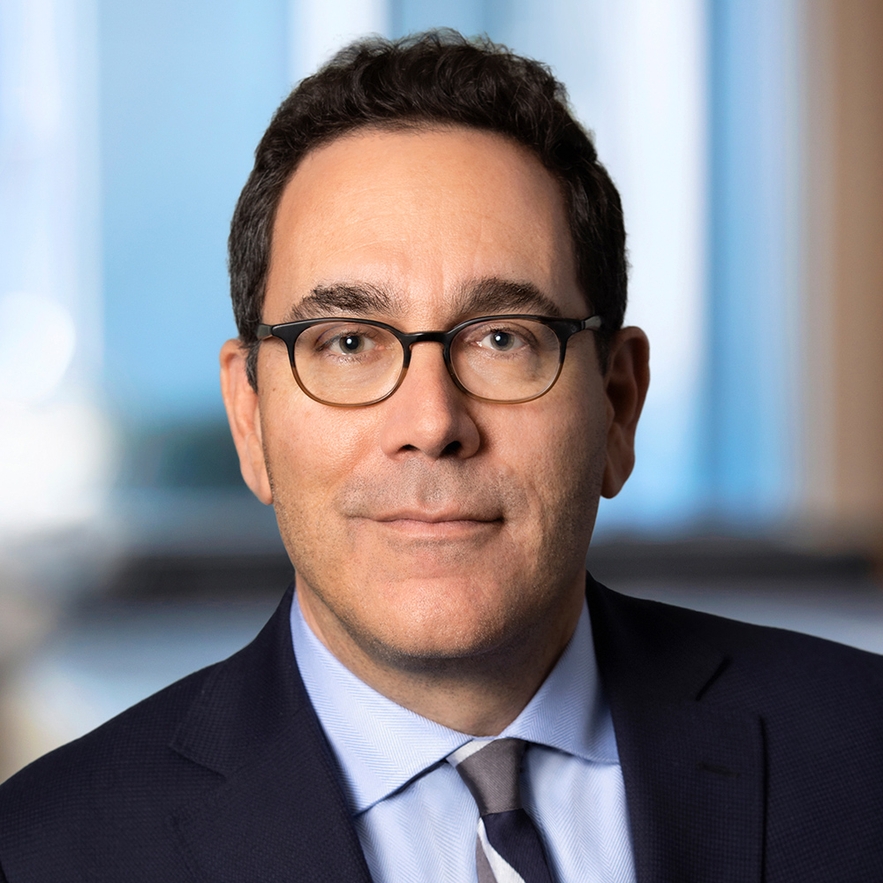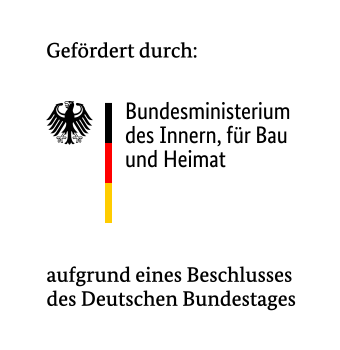
- Diese Veranstaltung hat bereits stattgefunden.
LBI New York | Berlin: Antisemitism as a Pillar of Fascism with John Ganz and Gavriel D. Rosenfeld.
22. Oktober 2024 @ 18:30–20:00 UTC+2

Antisemitism as a Pillar of Fascism with John Ganz and Gavriel D. Rosenfeld.
Part 1 of the LBI Forum on Antisemitism and Democracy
About the event:
Hitler’s attempt to wrest control of the German state and end Weimar democracy from the cellar of Munich’s Bürgerbräu beer hall in 1923 failed spectacularly and landed him in prison for the better part of a year. Of course, Hitler also used his trial and imprisonment to raise his political profile. In Landsberg prison, he composed Mein Kampf, full of antisemitic myths about the perfidy of Jewish Bolshevists (not to mention Jewish capitalists) and loathing of democracy.
Recent years have seen an intensification of old debates about whether fascism is a useful category to apply to contemporary political movements centered around personality cults, a restoration of past greatness, and disillusionment with democracy. While no such movement has succeeded in dismantling the administrative state or procedural democracy in the United States, some astute observers have pointed out that the attack on the US Capitol on January 6, 2021 rhymes historically with the failed putsch of 1923 as a premature grasping for power by a movement that might still prevail.
As co-editor of the volume Fascism in America: Past and Present, historian Gavriel Rosenfeld has made a critical intervention in this debate by focusing on the actual history of fascist groups in the interwar United States. In several books focused on counterfactual history, most recently, The Fourth Reich: The Specter of Nazism from WWII to the Present, he has also examined how fear of Nazism still functions in our politics and discourse. The writer John Ganz has also engaged with the concept of fascism in contemporary politics on his popular Substack Unpopular Front. His first book, When the Clock Broke: Con Men, Conspiracists, and How America Cracked Up in the Early 1990s traces the genealogy of America’s current political crises to the supposed populists who arose in US politics after the end of the Cold War. Unsurprisingly, antisemitism plays a significant role in both their studies.
About the Panelists:

John Ganz writes the widely acclaimed “Unpopular Front” newsletter for Substack. His work has appeared in The Washington Post, Artforum, the New Statesman, and other publications. His first book, When the Clock Broke: Con Men, Conspiracists, and How America Cracked Up in the Early 1990s (MacMillan, 2024) is a political history of the United States in the 1990s.

Gavriel D. Rosenfeld is President of the Center for Jewish History in New York City and Professor of History at Fairfield University. He received his B.A. in History and Judaic Studies from Brown University in 1989 and his Ph.D. in History from UCLA in 1996. His areas of specialization include the history of Nazi Germany and the Holocaust, memory studies, and counterfactual history. He is the author of numerous books, most recently the new co-edited volume (with Janet Ward), Fascism in America: Past and Present (Cambridge University Press, 2023), The Fourth Reich: The Specter of Nazism from World War II to the Present (University Press, 2019).
About the Forum on Antisemitism and Democracy:
In contemporary discourse around the rise in antisemitism worldwide and antisemitism’s enduring role in antidemocratic political movements, the experience of German-speaking Jews is a frequent reference point. The collapse of Weimar democracy and the antisemitism of the Nazis are indeed profoundly instructive about the danger of unchecked hatred of Jews, but ideally the historical allusions of contemporary pundits would not be the end of an argument, but the beginning of historical investigations. How did German and Austrian Jews perceive antisemitism, and how were they impacted? How did they respond, as individuals and as communities, and how did their responses succeed or fail?
In order to contribute to this discourse, LBI is planning a series of events that will pair a historian and a public intellectual to examine key moments in German-Jewish history between 1914 and 1933 – both on their own terms, and as touchstones for understanding today’s world.
Tuesday, October 22, 2024
Center for Jewish History
15 W. 16th St.
New York, NY 10011
Free admission, get your tickets here.


